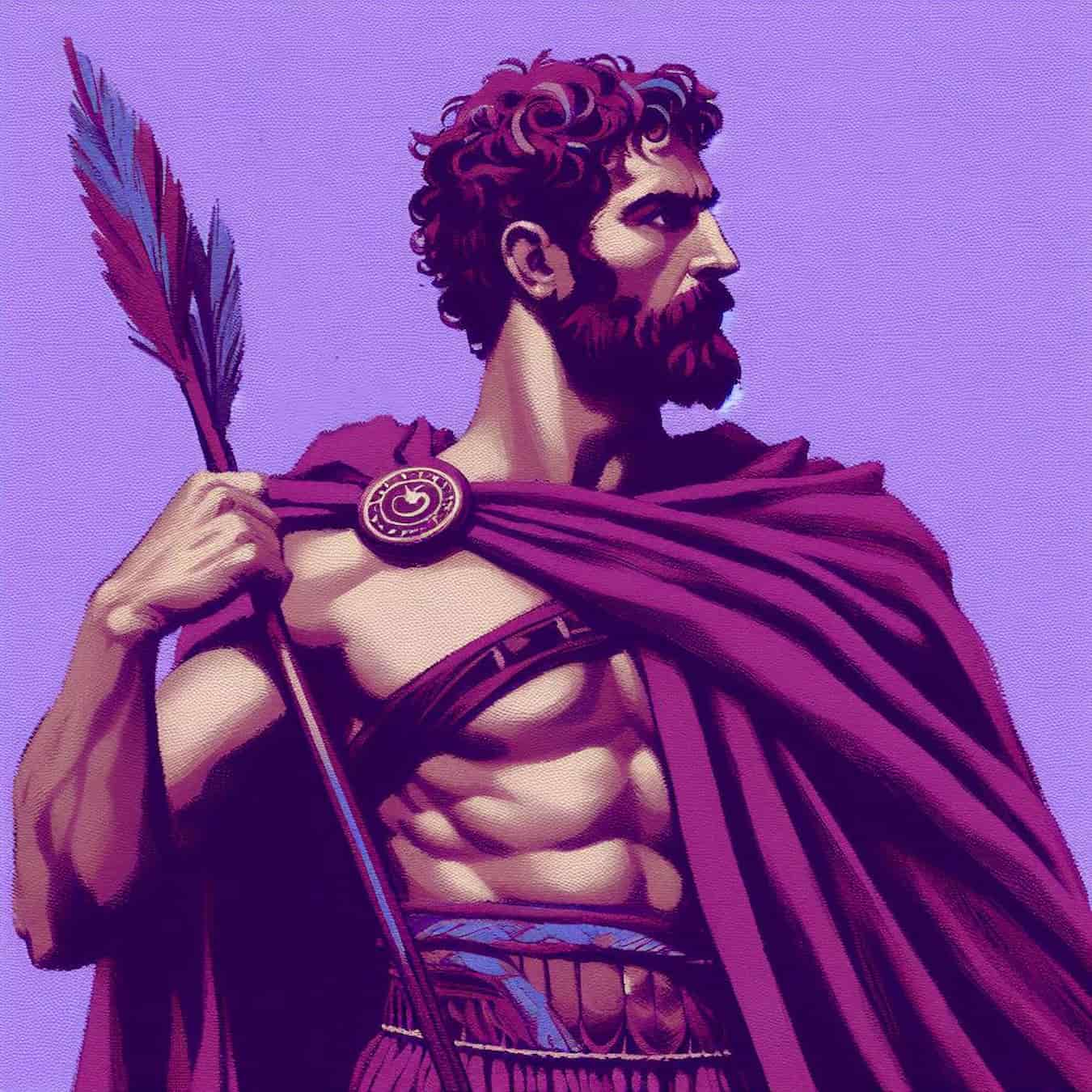Oenomaus: A Rebellious Slave Leader During the Third Servile War
Oenomaus fell in battle even before his colleague, Chrysus, possibly during the winter of 73 BC - 72 BC, when the slave army was sacking southern Italian cities.

Oenomaus fell in battle even before his colleague, Chrysus, possibly during the winter of 73 BC - 72 BC, when the slave army was sacking southern Italian cities.



